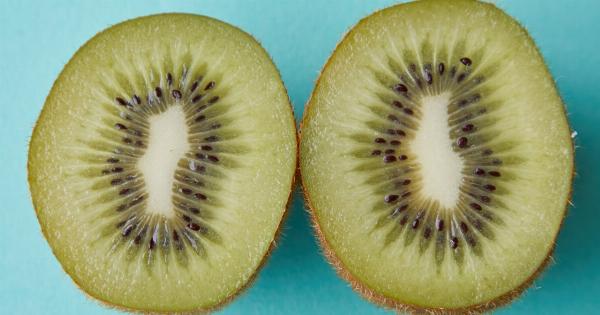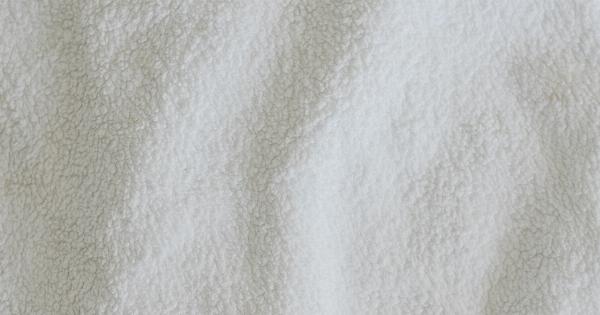Gray hair may seem like an inevitable and natural part of aging, but research suggests that genetic factors, lifestyle choices, and environmental factors all play a role in the development of graying hair.
Understanding the science behind gray hair can help you better care for your hair and prevent premature graying.
What Causes Gray Hair?
Each hair follicle contains melanocytes, specialized cells that produce the pigment melanin, which gives hair its natural color.
As we age, the number and function of melanocytes can decline, leading to a decrease in melanin production and a loss of hair pigment.
While age is certainly a factor in graying hair, genetics also play a role.
Researchers have identified several genes that may contribute to the graying process, including the gene IRF4, which regulates melanin production and could be responsible for up to 30% of hair graying.
In addition to genetic factors, lifestyle choices and environmental factors can also impact hair pigmentation. Smoking, for example, has been linked to premature graying, likely due to the harmful chemicals in cigarette smoke.
Exposure to pollutants and stress hormones may also affect melanin production and contribute to graying hair.
How Can Graying Hair Be Treated?
While there is no cure for gray hair, there are several treatments that can help restore hair color or slow down the graying process. Hair dyes are the most common treatment for gray hair, as they can cover up gray hairs and restore natural hair color.
However, frequent coloring can damage hair and cause further hair loss.
Other treatments for gray hair include vitamin supplements, which can help support healthy hair growth and promote melanin production.
Biotin, folic acid, and vitamin B12 are all important nutrients for healthy hair, and can be found in many hair supplements.
Finally, maintaining a healthy lifestyle can also help prevent premature graying.
Eating a balanced diet rich in vitamins and minerals, staying hydrated, and avoiding smoking and excessive alcohol consumption can all help support healthy hair growth and prevent graying.
Conclusion
While graying hair may be a natural part of aging, there are several factors that can contribute to premature graying, including genetics, lifestyle choices, and environmental factors.
Understanding the science behind gray hair can help you better care for your hair, prevent premature graying, and promote healthy, vibrant hair as you age.




























